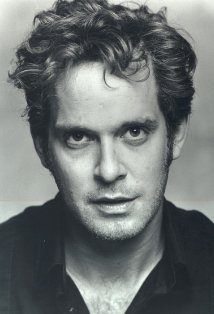Two Wars – by Edmund Blunden (1896-1974)
Professing loud energy, out of the junction departed
The branch-line engine. The small train rounded the bend
Watched by us pilgrims of summer, and most by me, –
Who had known this picture since first my travelling started,
And knew it as sadly pleasant, the usual end
Of singing returns to beloved simplicity.
The small train went from view behind the plantation,
Monotonous, – but there’s a grace in monotony!
I felt its journey, I watched in imagination
Its brown smoke spun with sunshine wandering free
Past the great weir with its round flood-mirror beneath,
And where the magpie rises from orchard shadows,
And among the oasts, and like a rosy wreath
Mimicking children’s flower-play in the meadows.
The thing so easy, so daily, of so small stature
Gave me another picture: of war’s warped face
Where still the sun and the leaf and the lark praised Nature,
But no little engine bustled from place to place;
When summer succeeded summer, yet only ghosts
Or tomorrow’s ghosts could venture hand or foot
In the track between the terrible telegraph-posts, –
the end of all things lying between the hut
Which lurked this side, and the shattered local train
That.
So easy it was; and should that come again -.



















